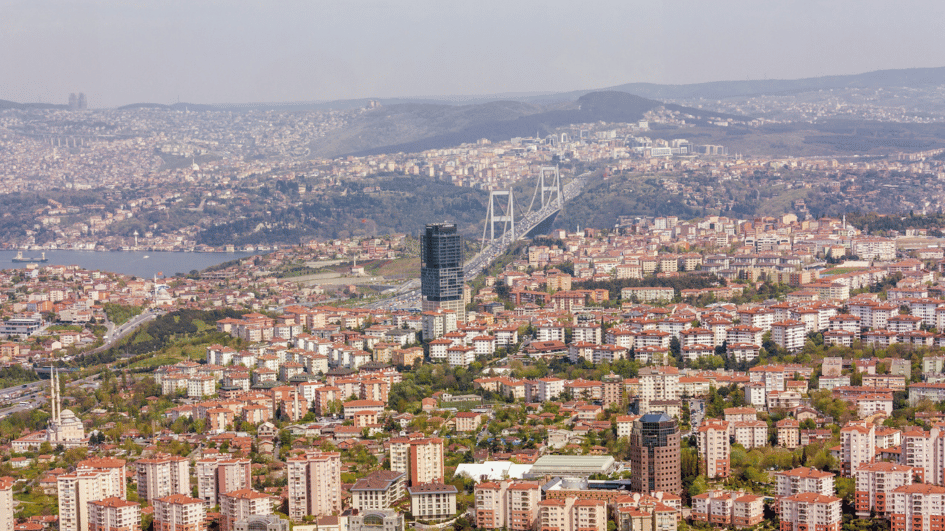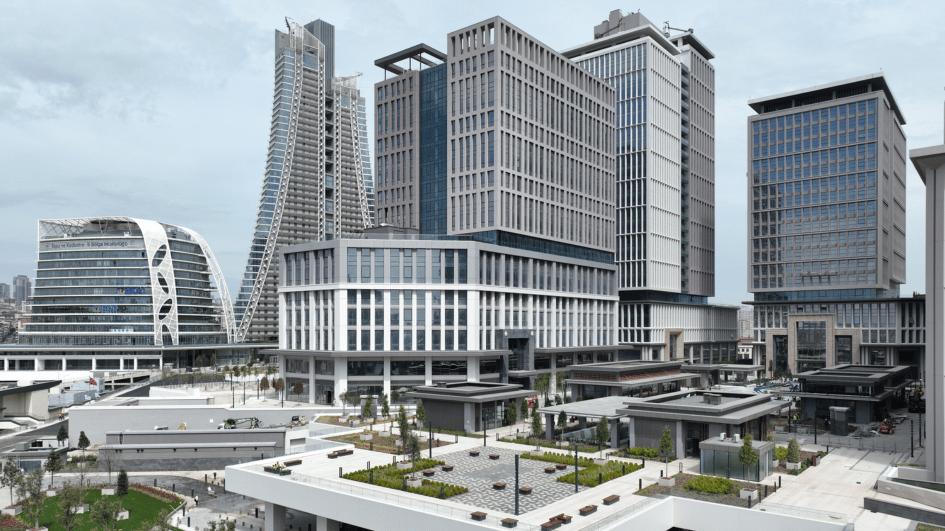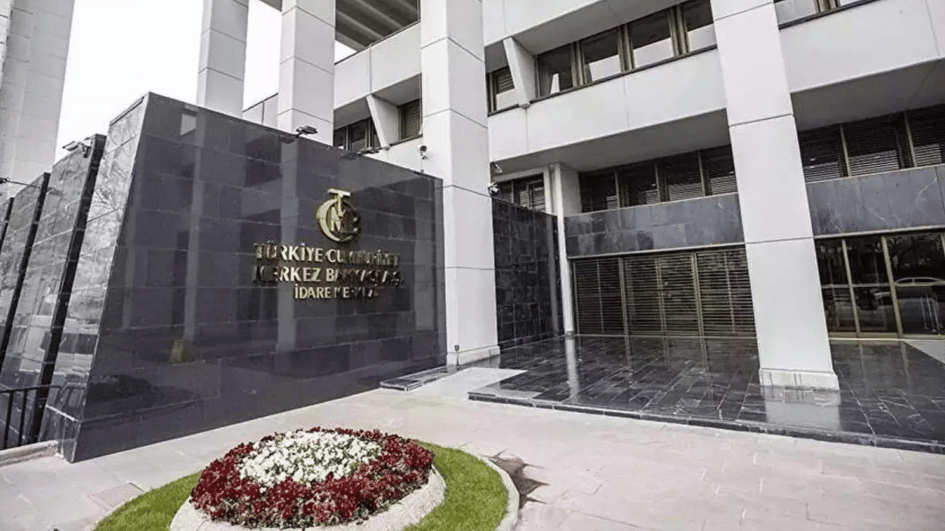Both the key and the lock of the system at the prosecutors
İsmet Berkan iberkan@hurriyet.com.tr
Among the issues in Turkey stemming from the judiciary branch, those created by the offices of the prosecutors come first.Let’s look at some figures:
* In year 2003, while the “specially authorized prosecutors” investigated 26,994 files, in 2012 the number of files has gone up to 38,295. While there is no sociological development explaining this 41 percent increase, all of a sudden, the Turkish nation is being investigated with the suspicion of more special crimes. Why, I wonder?
* Not only in the offices of the specially authorized prosecutors, there has been an investigation boom in the offices of the regular prosecutors also. While there were 3,282,595 files opened in 2003, in 2012, there have been 6,285,102 files opened. The increase in nine years has been 91.5 percent. What, I wonder, has happened in these nine years that there was a crime boost?
* Oh, look: maybe it was not a boost in crime, but was a boost in our prosecutors’ appetites. Because in all types of criminal courts, while in 2003, 2,819,886 cases were processed, this figure in 2012 (despite the terrifying increase in the number of investigations) has gone up to 3,180,194 cases. The increase is just 12.8 percent.
* In the Judicial Records Statistics, somehow, there is no new data. In 2008, specially authorized prosecutors have dealt with 12,566 investigation files but only in 4,754, in other words in 37.8 percent of them, a case was opened.
* This habit of abundance in investigating, but not opening a case following them is also present in the offices of regular prosecutors. In 2008, 2,839,943 files were investigated, 1,067,045 of them have been open cases, corresponding to 37.5 percent.
* The number of files may not mean much. Let’s look at the number of people so the dimension of the victimization created becomes clear. In 2012, the specially authorized prosecutors investigated exactly 106,301 people. The investigations of more than half of them (59,200 people) were carried into the next year.
* In all of the prosecutors’ offices, in 2012 a total of 8,529,313 people were investigated and for half of them (4,261,308 people), the investigations continued into 2013.
* While the prosecutors investigate this many people, bug their phones, turn their bank accounts upside down, detain some of them and arrest them afterward; as I said earlier, less than 40 percent of them have had cases opened against them.
* Well, what happens to these opened cases? According to the 2012 statistics, in all of the criminal cases, only 34.1 percent ends in conviction.
* Let me make a rough summary: We investigate 100 people; among them we open cases for 38 of them. Among those whom we opened cases, we can only convict 34 percent of them in trial courts (in other words, 13 of the first 100).
* Well, what happens when the cases come to the Supreme Court of Appeals? Our high court ruled a total of 429,279 verdicts in 2012. Of course, these verdicts are not only criminal cases, they cover all cases. And the trial courts’ decisions have totally or partially approved at a rate of 63.7 percent; the rest were reversed.
* It is our prosecutors who are truly responsible for the defects in the system that works so unproductively and victimizes many more people than it satisfies. Instead of investigating with this much abundance, if they investigate properly and instead of dealing with cases that would not result in convictions, if they were to focus on results, then we would not have been experiencing the issues we are dealing with today.
Unless the mechanism of the prosecutors is corrected, even if the Supreme Board of Judges and Prosecutors (HSYK) in Turkey is advanced to the level of perfection, justice would not be established.
İsmet Berkan is a columnist for daily Hürriyet in which this piece was published Jan 17. It was translated into English by the Daily News staff.











